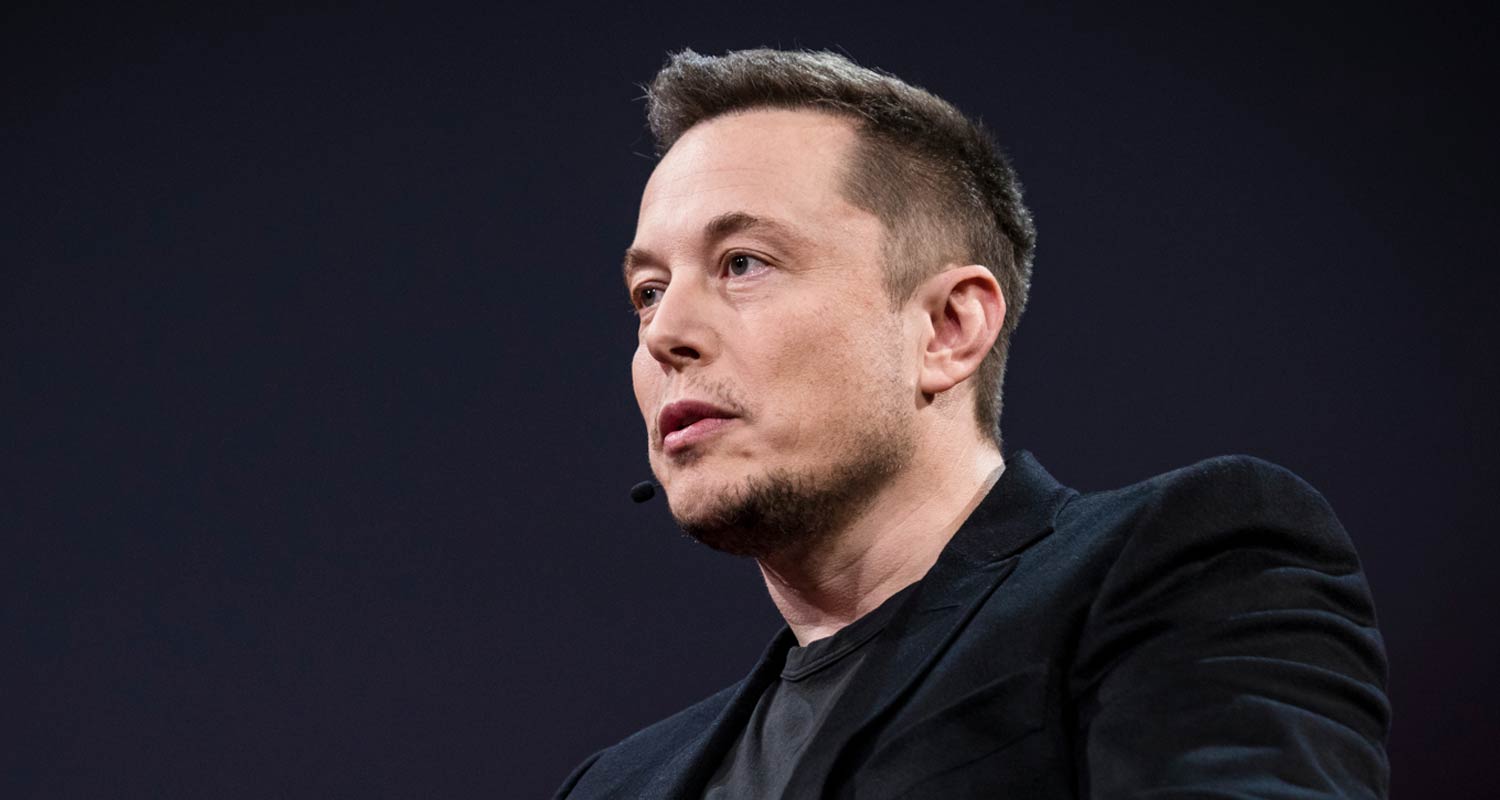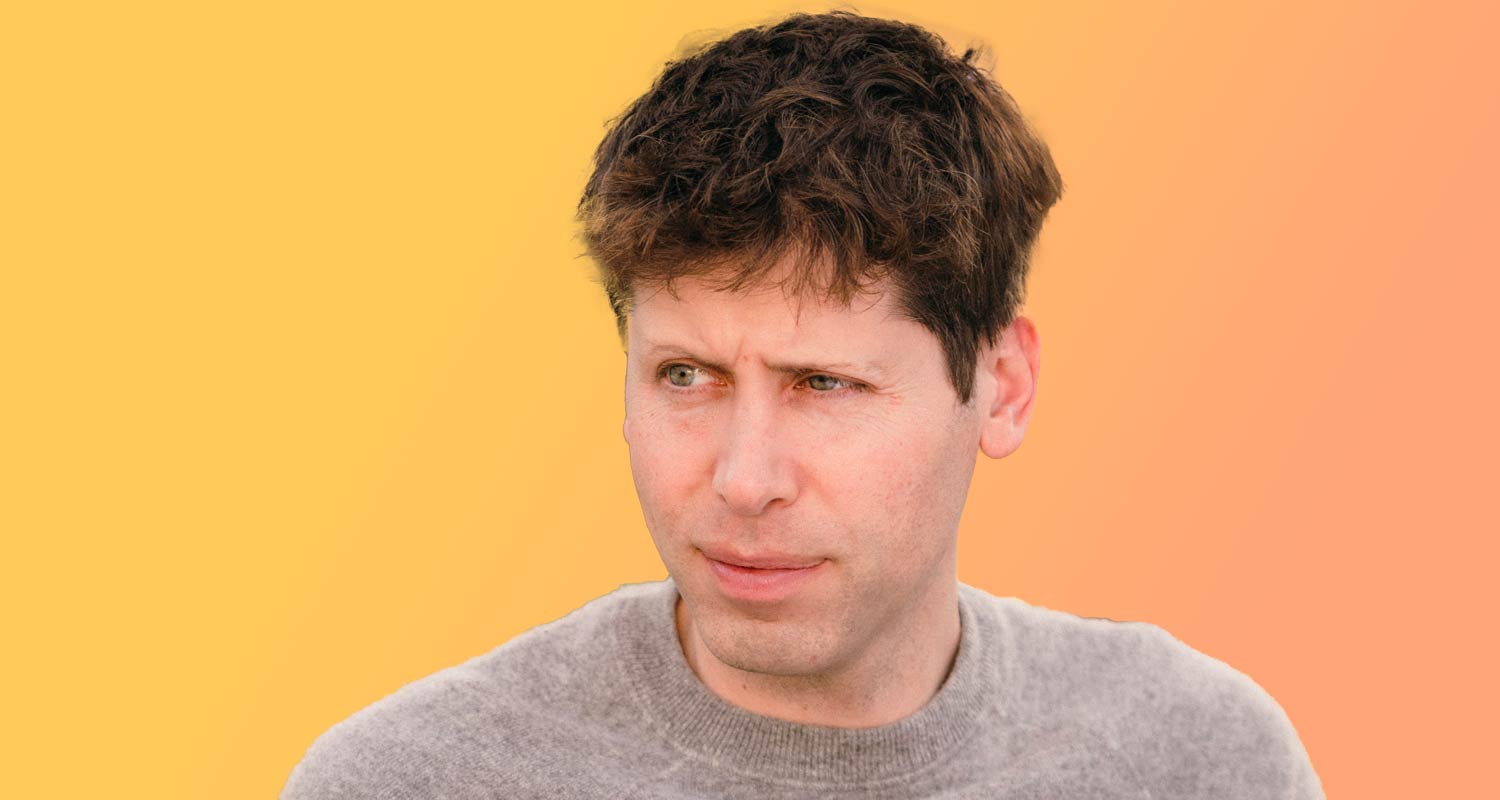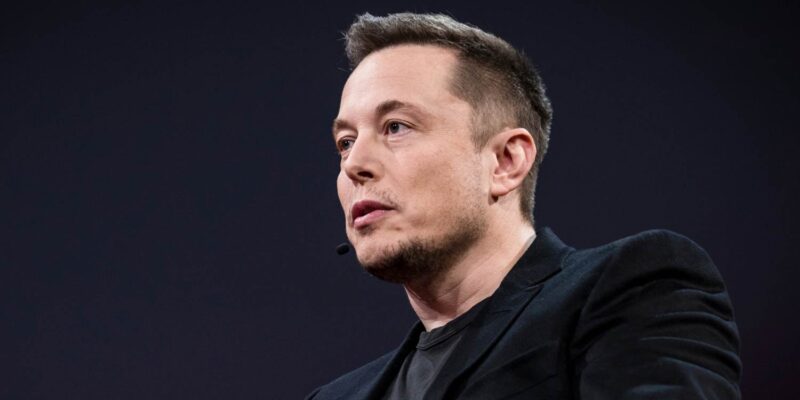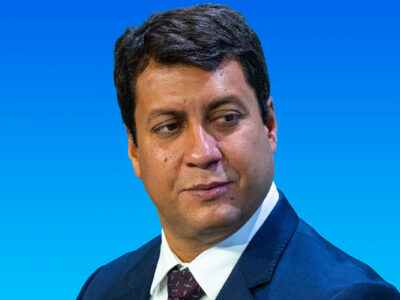
 Elon Musk. Image: TED Conference
Elon Musk. Image: TED Conference
OpenAI accused Elon Musk of harassment in a legal fight that’s unfolding as the start-up weighs a plan to shift to a for-profit business model.
Not quite two months after he abandoned his first suit against OpenAI, Musk filed a complaint in August claiming that co-founders Sam Altman and Greg Brockman manipulated him into investing in the start-up, which at the start was a nonprofit, and then enriched themselves by draining it of its prized technology and assets.
The company currently has a more complicated structure that includes a for-profit subsidiary — which was created in 2019 to help fund the high costs of AI model development, and it has since drawn billions in outside investment from Microsoft and others.
Musk once supported OpenAI in that mission but abandoned the venture when his bid to dominate it failed
“The suit is the latest move in Elon Musk’s increasingly blusterous campaign to harass OpenAI for his own competitive advantage,” Altman and the company said in a court filing on Tuesday asking a federal judge in Oakland, California to dismiss Musk’s complaint.
Musk didn’t immediately respond to a request for comment sent to his social media platform X.
The dispute is escalating as the fast-growing company at the forefront of AI innovation is mulling moving from its current nonprofit model — an unusual structure that has frustrated investors — to a for-profit business.
Such a move would appease the company’s backers, but will be complicated to execute. As part of a transition, OpenAI has discussed awarding Altman equity in the company — a stake that could be worth more than US$10-billion, though OpenAI’s board said it hasn’t discussed specific numbers.
Tumultuous year
“OpenAI is dedicated to the safe and beneficial development of artificial general intelligence,” OpenAI and Altman said in their filing. “Musk once supported OpenAI in that mission but abandoned the venture when his bid to dominate it failed,” they said.
It has been a tumultuous year for the San Francisco-based start-up. Less than 12 months after the company’s board fired and then quickly rehired Altman as CEO, OpenAI has remade its board, more than doubled its headcount, and lost a number of key leaders — including co-founder Ilya Sutskever and chief technology officer Mira Murati.
The turmoil hasn’t dampened its ambition or investors’ interest in the company, however: in recent months, OpenAI has continued to roll out a number of AI services to a growing roster of businesses and consumers, and in October it clinched one of the biggest ever private investments, raising $6.6-billion at a $157-billion valuation.
 Sam Altman. Image: Village Global
Sam Altman. Image: Village Global
In June, Musk withdrew a similar suit filed in California state court in which he alleged that OpenAI’s ties with its largest investor, Microsoft, pushed the start-up to veer away from its mission to develop responsible AI. OpenAI responded that Musk was touting a “revisionist history” and called his legal claims “incoherent”.
In his latest complaint, Musk describes the OpenAI saga as “a textbook tale of altruism versus greed”.
Read: Mira Murati is latest high-profile exit from OpenAI
The billionaire entrepreneur’s lawyers claim Altman “intentionally courted and deceived Musk”, who has voiced concerns about threats posed by AI.
Musk launched xAI in 2023 as a competitor to OpenAI. He’s fighting allegations in a Delaware lawsuit that his AI start-up has drained one of his other companies, Tesla, of talent and resources to the detriment of shareholders in the electric-vehicle maker. — Malathi Nayak and Rachel Metz, (c) 2024 Bloomberg LP
Don’t miss:
Apple sits out OpenAI funding round as valuation hits $157-billion











Comments